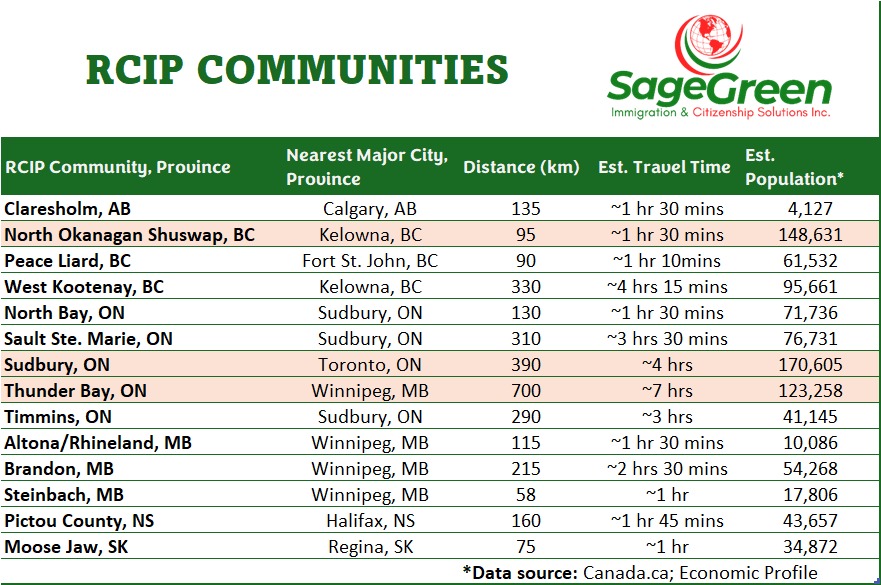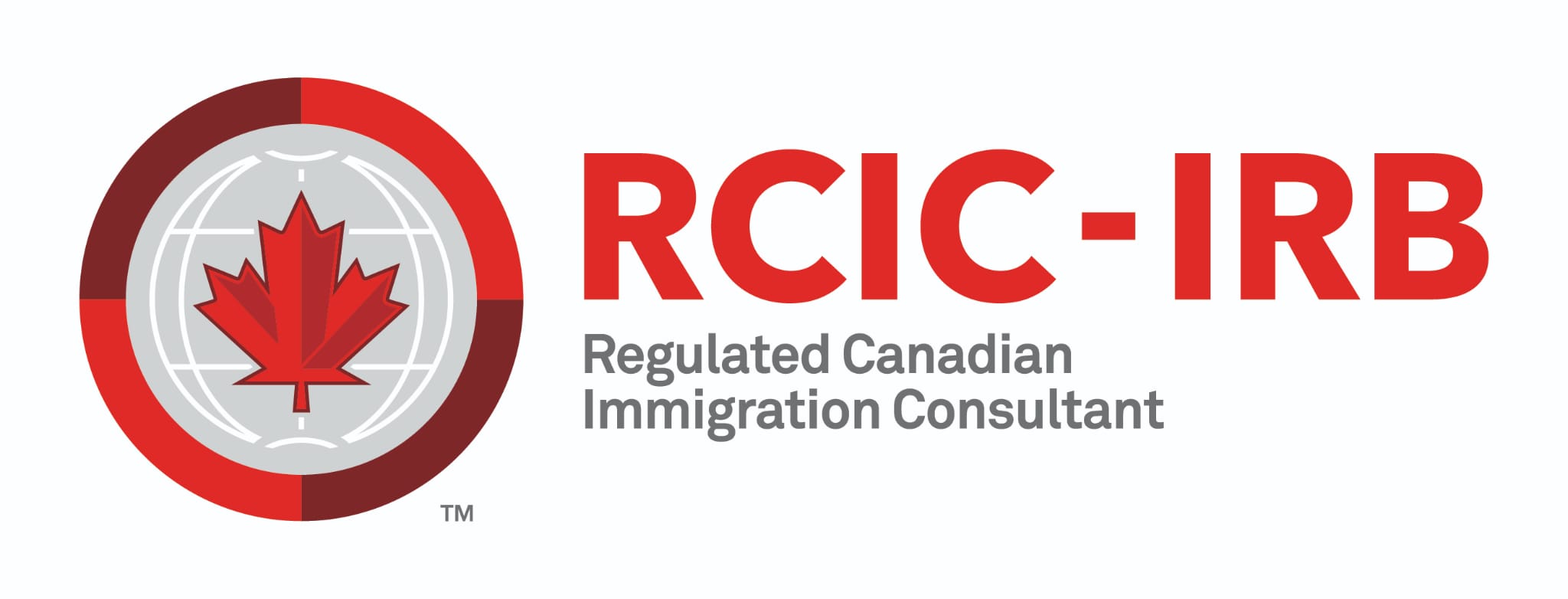Choosing between college and university in Canada can be confusing, especially when both offer world-class opportunities. The key to choosing wisely is aligning your choice with your career goals, learning style, budget, and future immigration plans.
________________________________________
🔹 What’s the Difference?
✅ Colleges: Practical & Career-Oriented
- Programs Offered: Diplomas, certificates, and applied degrees
- Learning Style: Hands-on, skills-based training
- Duration: 8 months to 2 years (for most diploma/certificate programs)
- Fields of Study: Technology, health sciences, hospitality, business, trades, etc.
- Career Focus: Fast entry into the workforce, job-ready skills
- Institutions: Some Public colleges are PGWP-eligible
📢 Student Insight: “College was intense—back-to-back assignments and lots of applied projects. But it prepared me for the job market fast!”
________________________________________
✅ Universities: Academic & Research-Focused
- Programs Offered: Bachelor’s, Master’s, Doctoral (PhD)
- Learning Style: Theory-heavy, research-based or course-based options
- Duration: 3–4 years (undergrad), 1–2 years (postgrad)
- Fields of Study: Sciences, arts, law, engineering, medicine, business, etc.
- Career Focus: Suited for academic/professional roles or postgraduate study
- Institutions: Many Canadian public universities are PGWP-eligible
📢 Fun Fact: University students often enjoy more flexible schedules, but the workload requires a high degree of academic independence.
________________________________________
🔹 PGWP & PR Pathways: What You Need to Know
🎓 Post-Graduation Work Permit (PGWP)
The PGWP allows international students to stay and work in Canada after graduation. This open work permit is a key stepping stone to PR.
✅ To be eligible:
- You must graduate from a Designated Learning Institution (DLI) that offers PGWP-eligible programs.
- The program must be at least 8 months long.
- Must have maintained full-time student status throughout your studies. This is very important if you plan to work in Canada after graduation.
Colleges (Public):
- Most 1-year or 2-year diploma programs qualify.
- A 2-year college diploma can make you eligible for a 3-year PGWP.
Universities:
- Degree programs (Bachelor’s, Master’s, PhDs) are all PGWP-eligible.
- Most offer 3-year PGWPs after a 4-year bachelor’s degree or 1- 2-year masters.
❌ Note: Graduates from private colleges may not be eligible for PGWP unless part of a public-private partnership in provinces like Alberta and Ontario (check IRCC’s latest list).
________________________________________
🛂 Permanent Residency (PR) Pathways
Many international graduates use their PGWP to gain Canadian work experience which is a bonus for several PR programs under Express Entry or Provincial Nominee Programs (PNPs).
👩💻 College Graduates:
- Eligible to apply for Canadian Experience Class (CEC) after 1 year of skilled work (NOC TEER 0, 1, 2, or 3).
- Several provinces, such as Ontario, British Columbia, and Manitoba, offer PNP streams for international graduates of public colleges.
- Some PNPs (like BC’s International Graduate Stream) are open to diploma and certificate holders in in-demand occupations.
👨🎓 University Graduates:
- Strong candidates for Express Entry, especially with a bachelor’s or master’s degree (high CRS score boost).
- Can qualify under Federal Skilled Worker (FSW), CEC, and PNP streams.
- PhD graduates often qualify for specialized PNP pathways in Ontario and Quebec.
________________________________________
🔹 How to Choose the Right One?
Ask yourself:
🧠 Learning Style: Do you want practical, job-focused learning or deep academic theory and research?
⏳ Timeline: Are you aiming to join the workforce quickly or willing to invest in a longer academic path?
💰 Budget: Colleges tend to be more affordable; university tuition is higher, especially at the graduate level.
🎯 Career Goals: Want to become a licensed professional (e.g., doctor, engineer)? You’ll need a university degree. Want to work in hospitality, IT, or early childhood education? A college diploma might be the faster route.
🛂 Immigration Strategy: Both colleges and universities can lead to PGWP and PR, but universities may offer a smoother Express Entry path, while colleges offer quicker, job-ready options that also qualify for PR through work experience and PNPs.
________________________________________
🔹 The Bottom Line
There is no one-size-fits-all answer.
Colleges and universities in Canada offer different paths—but both can lead to your dream career and Permanent Residency.
The right choice depends on your:
- Academic background
- Career goals
- Immigration plans
- Financial capacity
________________________________________
🎓 Need Help Choosing?
Whether you’re aiming for a 2-year diploma in Digital Marketing or a Master’s in Data Science, SageGreen Immigration is here to help you design a plan that works for your studies and your immigration future.
📩 Book a consultation today for personalized advice on your study permit, program selection, and PGWP/PR strategy.
________________________________________
Note: This blog post is based on current information as of July 2025. For the most up-to-date details on programs and institutions, please consult official college and university websites or contact SageGreen Immigration.






